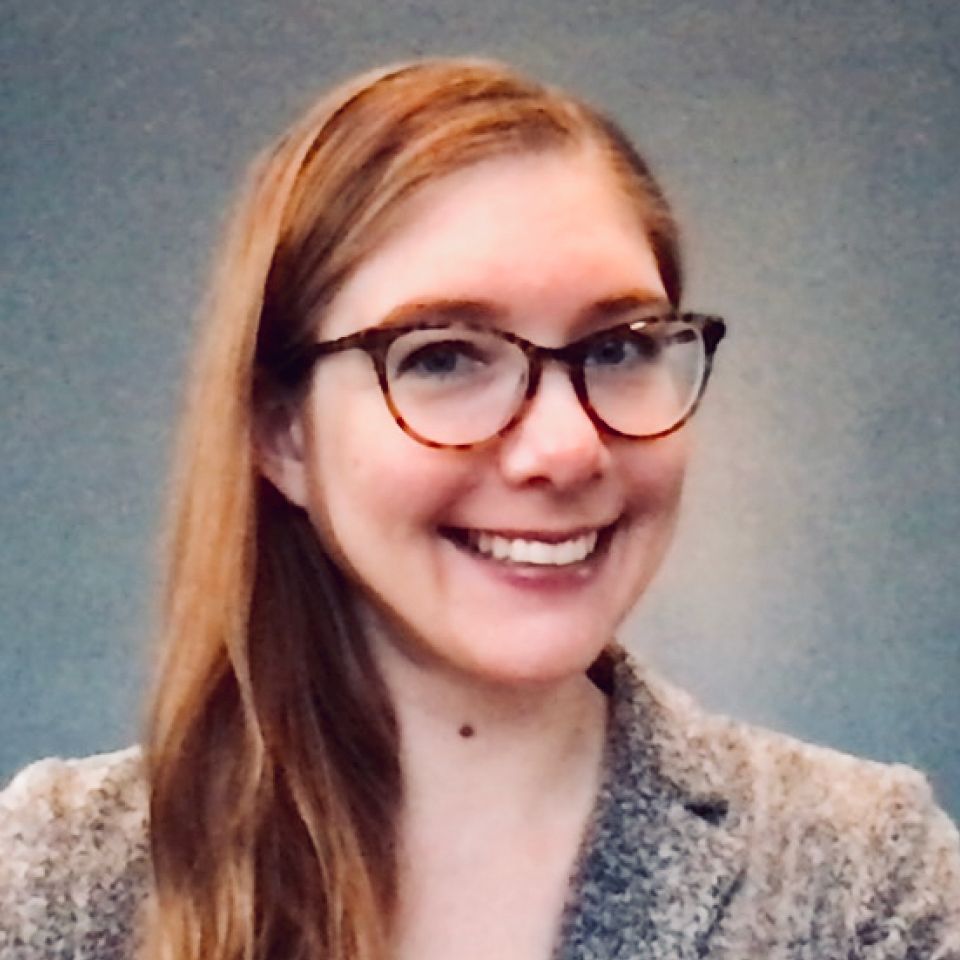Catalysis plays a crucial role in chemical discovery and production to meet societal needs across sectors (biomedical, agricultural, energy, etc.) However, despite the modularity involved in catalytic assembly of simpler building blocks under mild conditions, dominant methodologies rely heavily on unsustainable use of precious metals and generate stoichiometric waste from pre-activated reagents. My research team seeks to circumvent these limitations by developing catalytic methods that use only sustainable and terrestrially abundant elements to “borrow” functional groups ubiquitous among biomolecules. Our approach leverages metal–ligand cooperation across multiple steps to achieve traceless and waste-free skeletal diversification (e.g. ring expansion, chain elongation, rearrangement) of amides, esters, and acetal groups while preserving their full functional complexity. This approach offers a transformative alternative to wasteful chemical synthesis practices across applications.
Fellow
